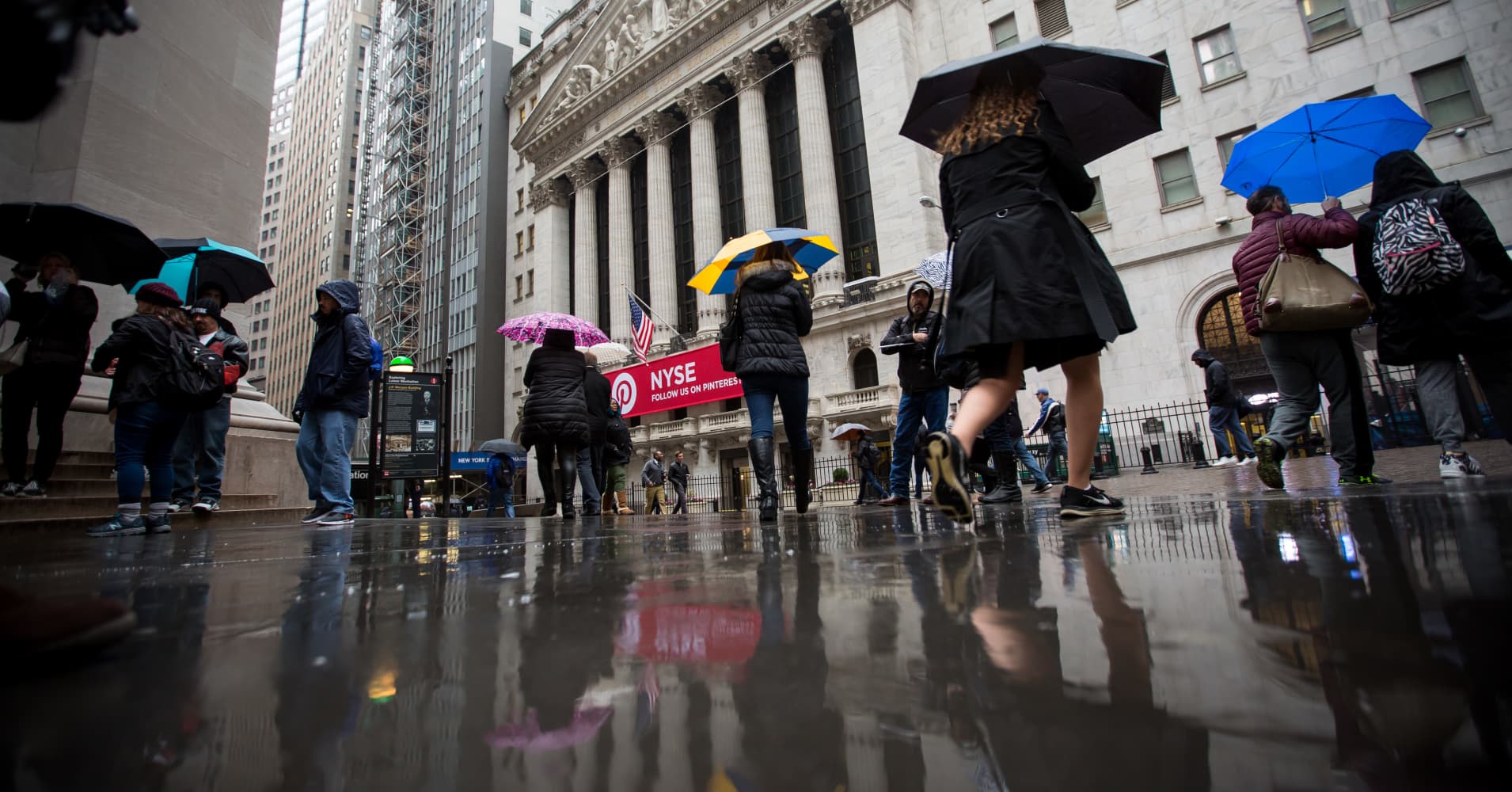
Art Hogan is out with a new, lower year-end target.
The longtime market bull blames lingering uncertainty for the decision to slash his S&P 500 estimate to 2,850 from 3,250.
“If the government stays shut for much longer, if we drag out this trade war for the entirety of the year — those earnings numbers are going to come down, and so will the multiple,” he said Monday on CNBC’s “Trading Nation.”
Hogan’s comments came as he began his new job at National Securities as its chief market strategist. He left B. Riley FBR in December.
“Some of the global economic slowdown is being caused by the uncertainty over trade,” said Hogan. “If we have a slowing global economy, you are going to see that affect the earnings growth and the earnings power of the S&P 500.”
Almost half of the S&P 500 companies get more than 50 percent of their revenues overseas. So, the longer the trade war persists, the more it could hurt their bottom lines.
Wall Street is hoping to get more clarity on the situation Tuesday as quarterly earnings season ramps up. But Hogan cautioned that extrapolating positive news from forecasts will very challenging.
“It’s hard to conceive of any guidance that’s going to be upbeat for ’19 unless and until we get some things behind us — not the least of which is [the] trade war with China,” he said, noting that stocks will probably retest the December correction’s lows this winter.
On a positive note, Hogan believes all it could take is one piece of good news to push stocks firmly out of correction territory. As of Monday’s close, the S&P 500 was down more than 12 percent from its all-time high of 2,940, hit in September.
“If we were to get some answers on trade, let’s say in the first quarter of this year, we may be undershooting in terms of our estimates,” he added.
According to Hogan, valuations are pretty cheap right now. If the uncertainty backdrop didn’t exist, he probably wouldn’t have changed a thing.
“The bad news is that the uncertainty outweighs the fundamentals,” Hogan said. “There’s an awful lot of things that we don’t know that until we have some answers, it’s going to be difficult to get some traction here.”
Be the first to comment